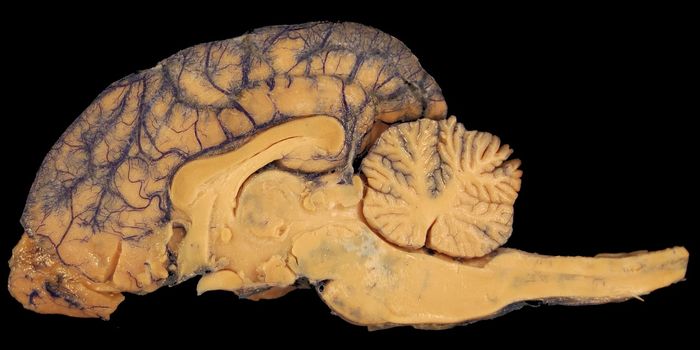Enzyme Implicated in Regulating Immunotherapy Resistance
Cancer cells have evolved sophisticated strategies to evade the immune system, prolonging their survival and growth. They have also developed survival tactics to resist immune checkpoint inhibition (ICI) treatments. Yet, our understanding of how cancer cells escape the immune response or immune activities perpetuated by anti-cancer immunotherapies remains incomplete. A recent study published in Cancer Discovery has shed light on one such mechanism, revealing how tumors develop ICI resistance and enhancing our understanding of cancer immunotherapy.
The researchers screened 208 metastatic castration-resistant prostate cancer (mCRPC) biopsies searching for genes commonly observed in tumors. Once they identified candidate genes, the investigators compared their expression to that of signatures related to cytotoxic T cells (CTLs), the immune cell subset responsible for identifying and killing cancer cells. The analysis identified an enzyme, ubiquitin-like modifier activating enzyme 1 (UBA1), which the researchers found particularly interesting. Tumors with high expression of UBA1 had low expression of CTL genes.
Further investigation revealed that elevated UBA1 expression predicted which tumors would develop resistance to ICI and which patients would experience the shortest survival outcomes.
To elucidate the mechanistic actions of UBA1, the researchers generated murine cancer cells that overexpress the UBA1 gene. These tumors grew significantly faster in mice than comparable tumors with regular UBA1 expression. However, this only occurred in mice with intact immune systems, and tumors did not develop differently in mice lacking CTLs. Similarly, tumor cells lacking UBA1 grew notably slower, and this effect also depended on the presence of CTLs. These findings suggest that UBA1 helps tumors evade immune-mediated surveillance, thus promoting tumor growth.
Given the correlations between UBA1 and ICI resistance, the researchers decided to investigate the potential of a UBA1 inhibitor in combination with ICI. The results of this experiment were not just promising, but also intriguing – ICI efficacy was significantly enhanced when administered with UBA1 inhibition. Further studies revealed that hindering UBA1 led to the increase of several immune mediators that enhance anti-tumor activity.
The study's findings suggest that UBA1 plays a pivotal role in regulating anti-tumor immunity and controlling sensitivity to immune-based anti-cancer drugs. These insights not only deepen our understanding of cancer immunotherapy but also pave the way for future research. They underscore the need to explore the clinical efficacy of combination treatments involving UBA1 inhibition and immune checkpoint blockade.
Source: Cancer Disc









